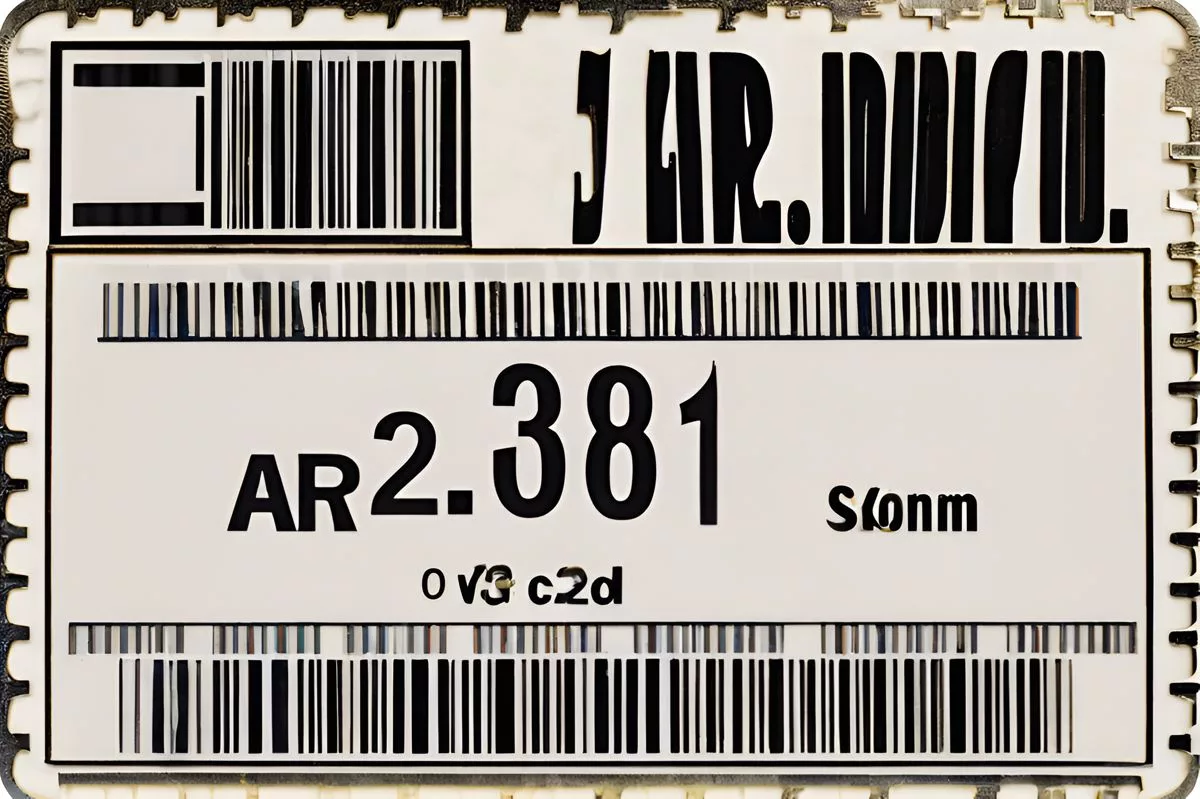Home Affairs in South Africa is now open on Saturdays from 8 AM to 1 PM until October 12, 2024, to help students get their IDs for the important National Senior Certificate exams starting on October 21. This means students can get the documents they need without rushing at the last minute. The government is also using technology to make ID applications easier and faster, helping to clear a backlog of requests. This new schedule shows a strong commitment to supporting students and modernizing public services for everyone.
What are the new operating hours for Home Affairs to support South African students in 2024?
Home Affairs will now operate on Saturdays from 08:00 to 13:00 until October 12, 2024. This extension aims to assist students with ID applications and documentation necessary for the National Senior Certificate exams, ensuring they are well-prepared for their assessments.
Extended Operating Hours for Home Affairs
To better support students preparing for the National Senior Certificate exams, South Africa’s Department of Home Affairs has announced an extension of its operating hours for 2024. Minister Leon Schreiber revealed that services will now be available on Saturdays, adding an extra five hours each week. While the primary aim is to assist matriculants, this change is expected to benefit the general public as well.
The National Senior Certificate exams, a significant milestone for South African students, will begin on Monday, October 21, 2024, right after the school holidays end on October 1. To accommodate students during this crucial period, Home Affairs offices will operate on Saturdays from 08:00 to 13:00 until October 12, 2024. This extension provides students with ample time to secure necessary identification documents, which are essential for exam registration and attendance.
Minister Schreiber emphasized that the additional hours will be dedicated to issuing temporary identity certificates, processing new ID applications, and facilitating the collection of IDs. This focused approach aims to eliminate any last-minute hurdles that students might face as they prepare for their exams. Schreiber urged students waiting for their IDs to visit their nearest Home Affairs branch during these extended hours.
Government Collaboration and Technological Advancements
The initiative has received widespread acclaim, particularly from Minister for Basic Education, Siviwe Gwarube. Gwarube praised the move as an excellent example of inter-departmental cooperation. She stressed the importance of valid identification for students during this critical phase, noting that this collaborative effort is essential for students’ academic progress.
To further streamline the process, the Department of Home Affairs has introduced an online application system through its eHome platform. This digital-first approach allows students to begin their ID application process online, reducing physical office congestion and speeding up the overall procedure. The integration of online services marks a significant step towards modernizing public service delivery in South Africa.
The Department of Home Affairs has recently achieved notable success in handling ID applications efficiently. Business Tech reported that Minister Schreiber announced the elimination of a backlog of ID applications, a feat accomplished through a strategic overhaul of IT service providers. This backlog, which had built up since November 2023, was cleared between August and September, with over 250,000 ID applications processed in a short span.
Achieving Operational Efficiency
Minister Schreiber attributed this success to the department’s enhanced operational efficiency and unwavering commitment to its goals. With the backlog completely eradicated, residents can now access critical government benefits like SASSA grants. Schreiber confirmed this achievement, underscoring the broader impact of these improvements beyond just student services.
This transformation is part of a broader vision to digitize the Department of Home Affairs, aiming to create a seamless, user-friendly public service experience akin to that of the South African Revenue Service (SARS). The goal is to meet the needs of South African citizens more effectively through a digitally-driven public service model.
Historically, bureaucratic inefficiencies have plagued many public service departments worldwide. The shift from cumbersome manual processes to streamlined digital services represents a significant leap towards modernization. In South Africa, this move is especially significant given the diverse challenges faced by the nation’s administrative systems.
Broader Impacts and Global Trends
The initiative’s historical significance cannot be overstated. Much like the Renaissance movement, which focused on human potential and innovation, today’s governmental reforms aim to uplift citizens through improved public services and accessibility. This transformation mirrors the interconnectedness observed in the natural world, where different species work together for mutual benefit. The cooperation between the Department of Home Affairs and the Department of Basic Education exemplifies how joint efforts can lead to substantial societal benefits.
This initiative also aligns with global trends towards digital governance. Countries worldwide are increasingly leveraging technology to enhance public service delivery, reduce wait times, and improve overall citizen satisfaction. In this context, South Africa’s digital-first approach positions it among progressive nations embracing the future of governance.
The broader implications of these reforms extend beyond immediate practical benefits. They symbolize a commitment to modernizing public services and making them more responsive to the needs of citizens. This commitment fosters trust and confidence in government institutions, which is essential for a healthy, functioning democracy.
Investing in the Future
The focus on assisting students at a crucial juncture in their academic careers highlights the government’s recognition of education’s pivotal role in national development. By ensuring that students have the necessary identification documents, the government is not just facilitating exam attendance; it is investing in the country’s future leaders and workforce.
In conclusion, the revised operating hours of the Department of Home Affairs for 2024 represent more than just a temporary adjustment. They reflect a strategic, collaborative effort to enhance public services, support students, and embrace digital transformation. This initiative, marked by efficient execution and forward-thinking, sets a promising precedent for future governmental reforms in South Africa.
FAQ: Optimized Home Affairs Hours for South African Students
What are the new operating hours for Home Affairs to support South African students in 2024?
Home Affairs will operate on Saturdays from 8 AM to 1 PM until October 12, 2024. This change is designed to assist students in obtaining their IDs necessary for the National Senior Certificate exams starting on October 21, 2024.
Why are the extended hours important for students?
The extended hours provide students with additional opportunities to secure essential identification documents without the pressure of last-minute requests. This ensures they are well-prepared for their National Senior Certificate exams, a significant milestone in their education.
How is the government utilizing technology to support ID applications?
The Department of Home Affairs has introduced an online application system through its eHome platform. This digital-first approach allows students to initiate their ID applications online, reducing congestion at physical offices and speeding up the overall process.
What has been done to address the backlog of ID applications?
Recently, the Department of Home Affairs successfully cleared a backlog of ID applications that had built up since November 2023. This was achieved through a strategic overhaul of IT service providers, allowing for the efficient processing of over 250,000 ID applications in a short period.
How does this initiative reflect the government’s commitment to modernizing public services?
The new operating hours and the introduction of online services signify a broader commitment to modernizing public service delivery in South Africa. By facilitating easier access to essential services and reducing bureaucratic inefficiencies, the government aims to enhance citizen satisfaction and trust in public institutions.
What are the broader implications of these changes for South African citizens?
This initiative not only supports students but also represents a strategic investment in the future workforce and leaders of South Africa. By ensuring that students have the necessary identification for exams, the government is fostering educational advancement, which is vital for national development and progress.












